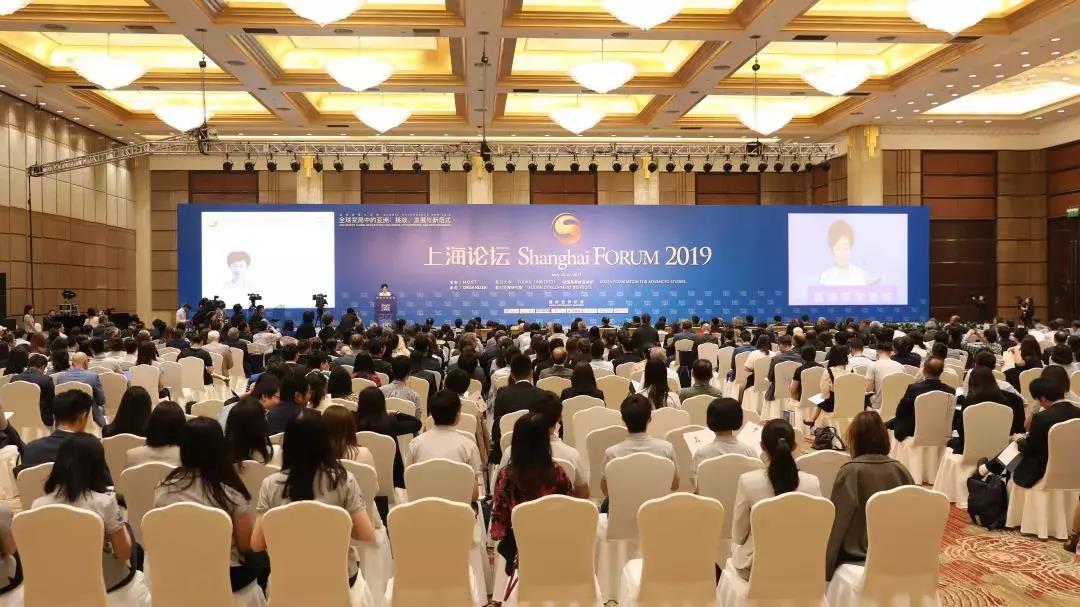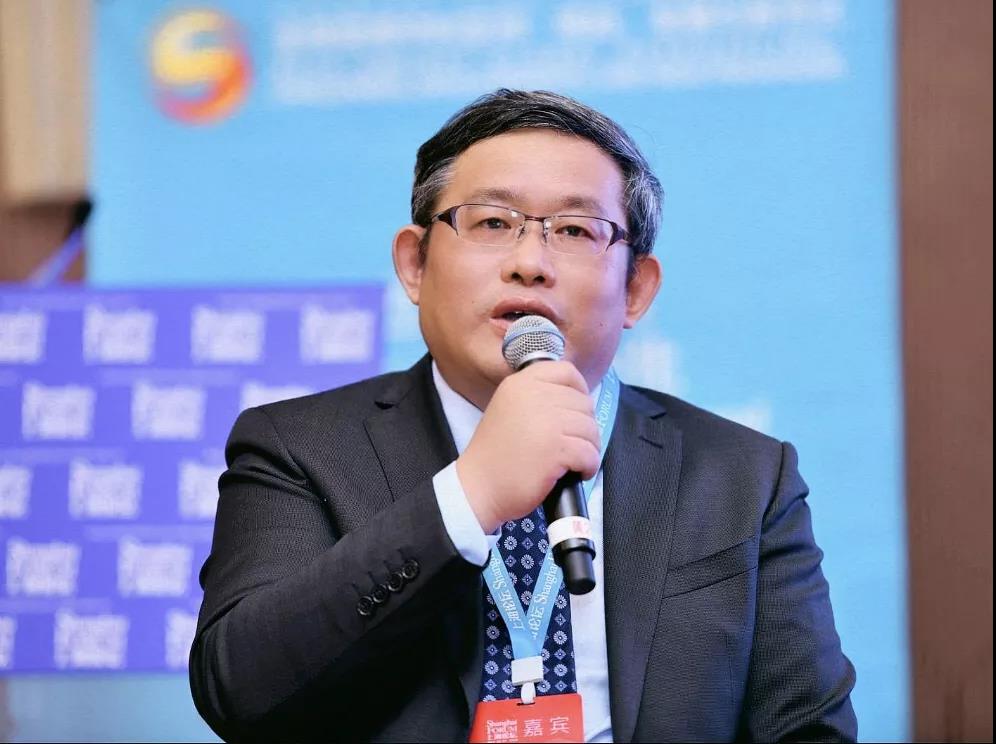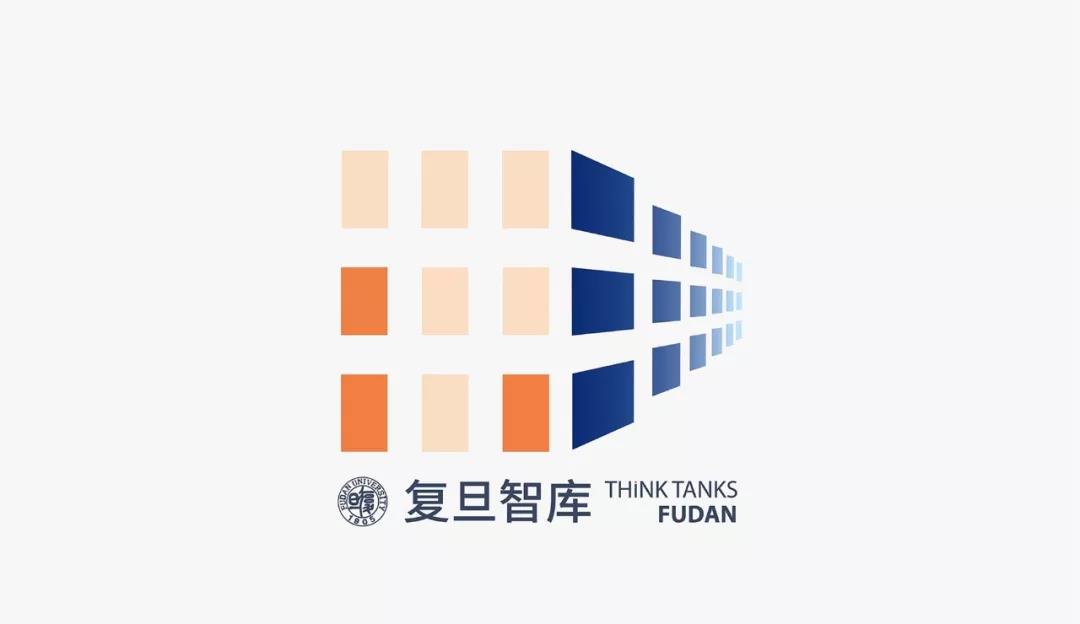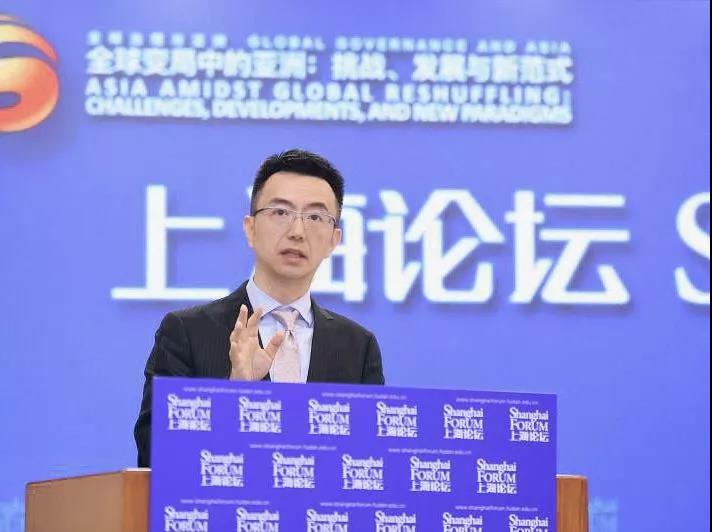
-
 86-21-63895588
86-21-63895588
-
 No.1, Lane 600, Nanchezhan Road, Huangpu District, Shanghai 200011
No.1, Lane 600, Nanchezhan Road, Huangpu District, Shanghai 200011
Release time:2019-05-27

On May 25th, 2019, the grand opening ceremony of the annual “Shanghai Forum 2019” was held at Shanghai’s International Convention Center. The theme of this year’s forum was “Asia Amidst Global Reshuffling: Challenges, Developments and New Paradigms”. Over 700 guests and delegates from different think tanks, universities, governments, corporations, media, and other institutions—representing 45 countries and regions—were present, exchanging their wide and varied opinions, as well as sharing perspectives on topics of common concern in Asia and the world. Topics discussed included the development of the Yangtze River Delta, financial technologies, artificial intelligence, industrial reengineering, large river basin management, power relations, and regional politics.
Green Finance Summit focuses on the development of the integration of the Yangtze River Delta
At the annual “Shanghai Forum 2019”, a roundtable conference held by the Green Finance Summit attracted the attention of many guests and media present. The conference, which was held under the theme of “Green Financial Development and the Integration of the Yangtze River Delta”, was hosted by the Fudan Development Institute, jointly organized by the Fanhai International School of Finance, the School of Economics, and the Green Finance Institute of Fudan University, and sponsored in collaboration with the Asian Development Bank and China University Green Finance Institute Union. The Green Development Committee of Chinese Industrial Economic Association provided academic support for the conference.
The conference mainly focused on hot topics such as “the status and challenges of the green financial development of the Yangtze River Delta”, “the development of the green financial integration of the Yangtze River Delta”, “green finance for the development of the integration of the Yangtze River Delta”, and “green finance in the integration of the Yangtze River Delta”, among a number of other related topics. It was generally believed by the experts present that in order to promote the development of the integration of the Yangtze River Delta, a set of unified standards must be established soon, as well as unified institutional mechanisms, personnel training systems, and coordinating mechanisms for the green financial development in the region.

▲Professor Chen Shiyi, Secretary of FISF Party Organization and Secretary of the Party Committee of School of Economics, Fudan University
Professor Chen Shiyi, Secretary of FISF Party Organization and Secretary of the Party Committee of School of Economics, Fudan University, presided over the conference. He reiterated that green finance had been growing rapidly in China, with the green credits reaching 8 trillion Yuan and the green bond market being the largest in the world. During the development and integration of the Yangtze River Delta, the advancement of green finance has made great contributions, chiefly in its integration of ecological and environmental governance.
Liu Chenggong, Deputy Secretary of the Party Committee of Fudan University, and Wang Liangchun, Deputy Mayor of Quzhou, attended the conference and gave several speeches. Wang Zhen, Associate Dean of Shanghai Academy of Social Sciences; Ding Lixia, Director of the Quzhou Finance Office; Zhou Haidong, Head of the Secretariat of Lujiazui Financial City Council; Mo Lingshui, Low-carbon Development Consultant of Asian Development Bank; Zhang Yifei, Professor of Shanghai University of International Business and Economics; Lyu Hui, Vice President of Ma’anshan Rural Commercial Bank, and other honored guests were also present.
During the conference, FISF, the Quzhou Municipal Government, and Quzhou University held a signing ceremony for green finance. The three parties conducted academic discussions on green finance, and carried out extensive exchanges in the practical application and personnel training. The ceremony was hosted by Li Zhiqing, Deputy Secretary of the Party Committee of the School of Economics and Executive Director of Green Finance Institute, Fudan University, and concluded harmoniously and successfully.
Two selected reports from FISF, giving advice on major national strategies and social aims

At the closing ceremony of “Shanghai Forum 2019”, Fudan University officially released 10 think-tank reports compiled by Fudan Development Institute, covering topics such as international strategies, China’s demographic prospects and tackling the challenge of an aging society, foreign capital and technological innovation in Guangdong-Hong Kong-Macao Greater Bay Area, Shanghai’s endeavors in building itself into an International financial center, China’s local government open data issue, and green finance.
It’s noteworthy that among these selected reports, 2 came from FISF, indicating that FISF, with its powerful influence in academic research and think-tank discourse, is committed to offering advice and suggestions on major national strategies and hot-button issues of social and economic development.
At the closing ceremony, Professor Qian Jun, Executive Dean of FISF, issued a think-tank report titled Enhancing Innovation, Furthering Opening-up, and Optimizing Resources: Shanghai’s Endeavor in Building Itself into an International Financial Center, expressed his insightful opinions for the development of Shanghai as an international financial center on behalf of Fudan University.

▲Professor Qian Jun, Executive Dean of FISF
As noted in the report, for the objective of “basically building an international financial center consistent with China’s economic strength and the international status of the RMB”, the construction of the Shanghai International Financial Center has achieved substantial progress in various aspects of market scale, product systems, internationalization, and financial ecology construction, among others. At present, with the construction of the Shanghai International Financial Center entering the sprint stage and the emergence of historical opportunities regarding the pilot registration system for the “STAR Market”, Shanghai will take the next step to enhance Chinese innovation and further open itself up to public investment, which, specifically, will be conducted on the basis of the pilot registration system for the “STAR Market” by pushing to reform Shanghai’s capital market and innovations in enterprise, taking advantage of the free trade zone to intensify the openness of Shanghai’s financial market, strengthening financial risk warnings, precautions and resolutions, lifting the efficiency of Shanghai’s financial services through advanced technologies, and thus optimizing the Shanghai International Financial Center’s resources.
Professor Qian Jun added that the “STAR Market” is of enormous significance to the construction of the Shanghai International Financial Center and of the Scientific and Technological Innovation Center. “On one hand, the ‘STAR Market’ encourages the listing of innovative enterprises and stimulates their scale expansion, competitiveness and corporate governance. On the other hand, the pilot registration system for the ‘STAR Market’ has solved problems that have long existed in China’s capital market, such as excessive administrative interventions and ineffective pricing mechanisms, directing a new way of reform in the design of the foundation system.”
Meanwhile, on behalf of FISF, Professor Chen Shiyi submitted a think-tank report titled Green Finance to Boost Green Development in the Yangtze River Delta, and noted that, in order to energize the coordinated development of green finance at the provincial level and better serve the green development of the province, organizational leadership must be enhanced so that the top-level design can be optimized, supporting measures can be constructed to practically implement green finance development, and incentive mechanisms can be improved for better disclosure of information. The integration of green finance is a significant part of integrating the Yangtze River Delta; thus, it is necessary to develop green finance better and faster and support the development of green integration projects in the Yangtze River Delta. For this, it is recommended to establish an inter-government coordination mechanism, set up a unified system of policies and standards relevant to green finance, build a guidance mechanism of industrial transfers, found a special fund for cooperative green development, construct a green finance innovation service system, and increase the reserves of human resources for green finance.